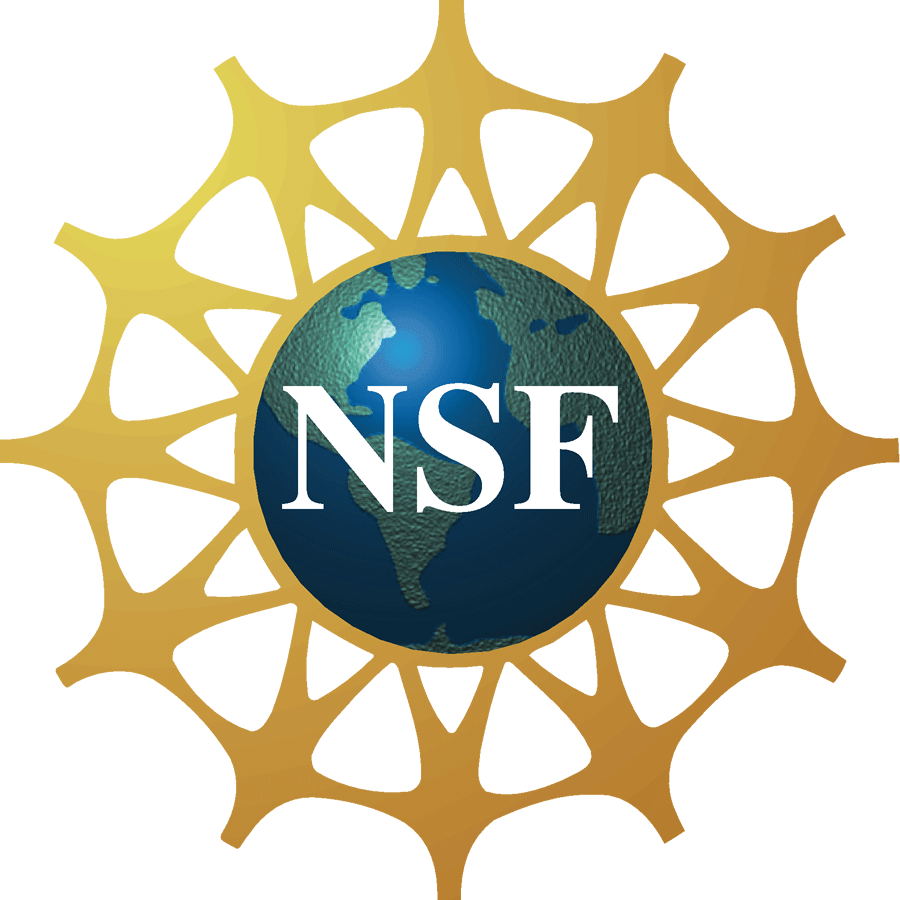Seminars and Panels
|
Atypical Combinations and Scientific Impact
Professor Brian Uzzi
|
Dec 8 2014
|

Often purported but rarely tested is the claim that science is spurred on when atypical ideas are united, inspiring fresh thinking to problems. Yet, many scientific ideas and innovations intentionally build in convention, rather than remove it. Here, we analyzed all 17.9 million research papers in the web of science, circa 1945–2005 using a methodology that characterizes each paper’s conventional and novel combinations of prior work. We find that the premium often expressed for papers with novelty is at odds with the reality that most scientific work typically draws on highly conventional, familiar mixtures of knowledge. Especially virtuous combinations are not characterized by novelty or conventionality alone. Rather, the highest impact papers interject novelty into otherwise unusually conventional combinations of prior work, and remarkably, are twice as likely to top the citation distribution. Finally, teams are more likely than solo scientists to interject novel combinations into their papers, suggesting that the exceptionalism of teams is an ability to incorporate novelty. Finally, these empirical regularities are largely universal, appearing across fields and decades, suggesting fundamental rules about creativity in science. At root, our work suggests that creativity in science appears to be a phenomenon of two extremes. At one extreme is conventionality and at the other is novelty. Curiously, advancing to the frontier of science appears best served not by efforts along one boundary or the other but with efforts that reach toward both frontiers.
About Professor Brian Uzzi
Brian Uzzi is a globally recognized scientist, teacher, consultant and speaker on leadership, social networks, and new media. He holds the Richard L. Thomas Distinguished Professor of Leadership at the Kellogg School of Management, Northwestern University. He also co-directs NICO, the Northwestern University Institute on Complex Systems, is the faculty director of the Kellogg Architectures of Collaboration Initiative (KACI) and holds professorships in Sociology and the McCormick School of Engineering. He has lectured and advised companies and governments around the world and been on the faculties of INSEAD, University of Chicago, and Harvard University. In 2007-2008, he was on the faculty of the University of California at Berkeley where he was the Warren E. and Carol Spieker Professor of Leadership. Additional information on Professor Uzzi may be found here.
Click here to view the webcast. |
|
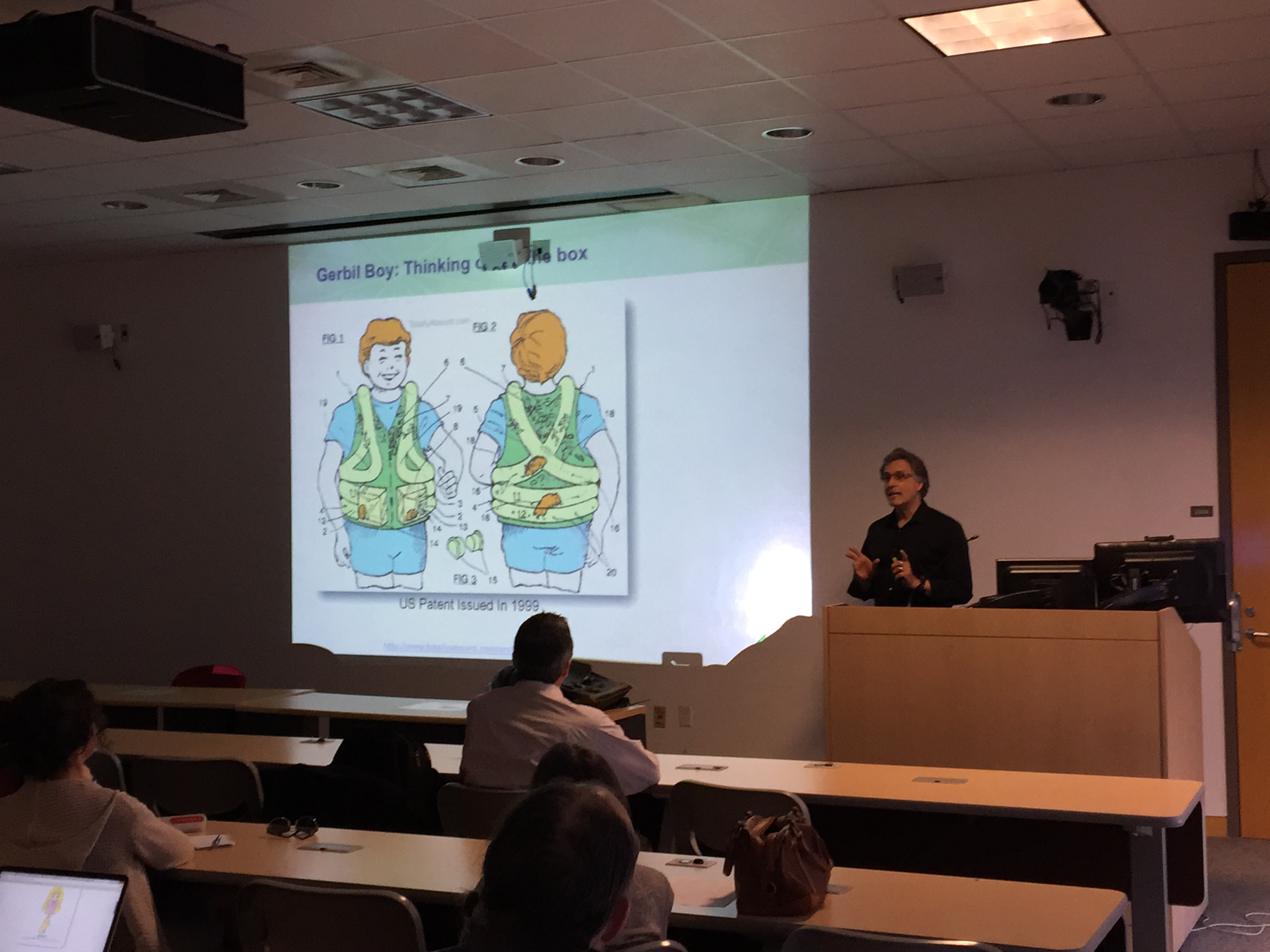
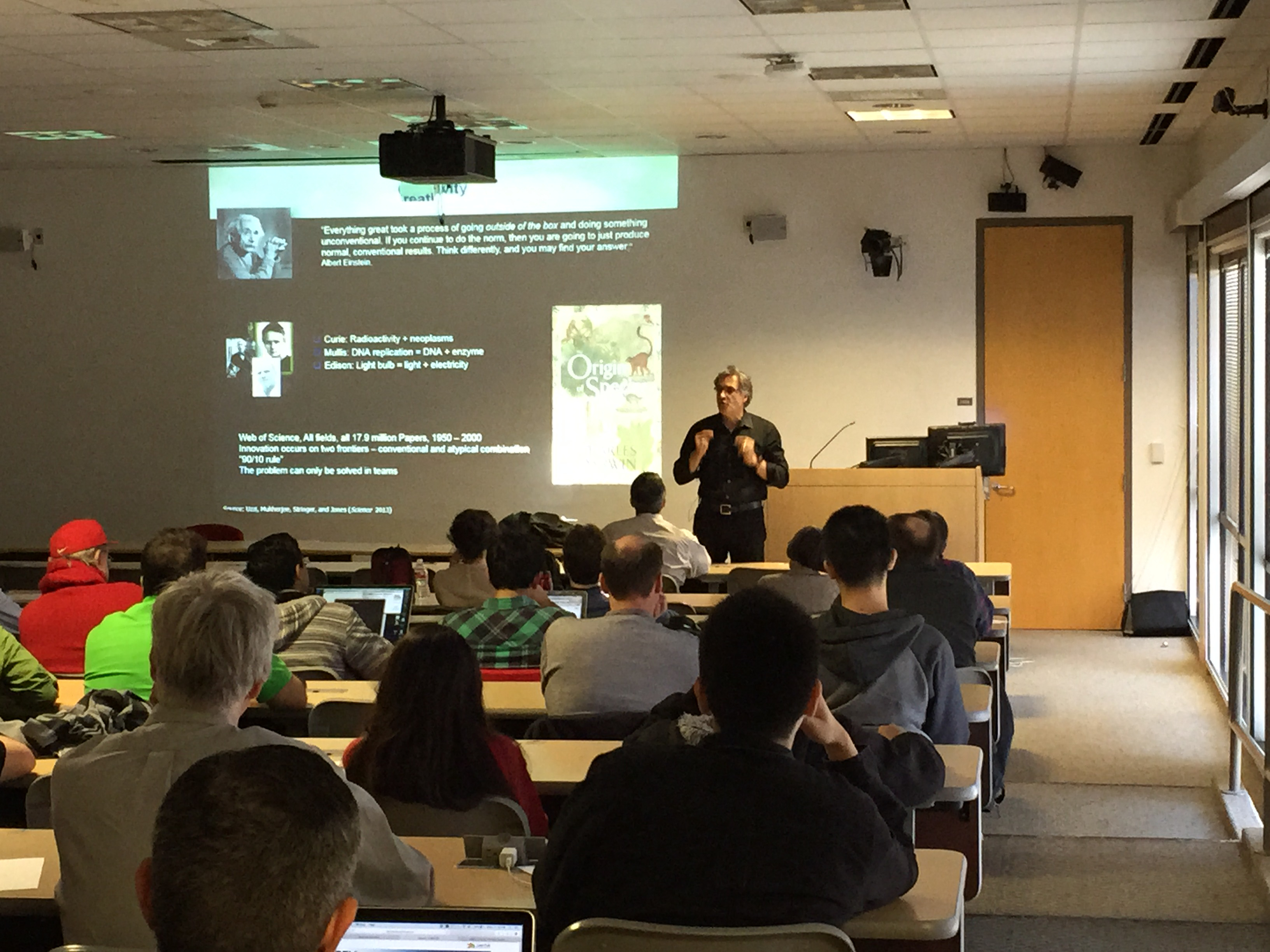
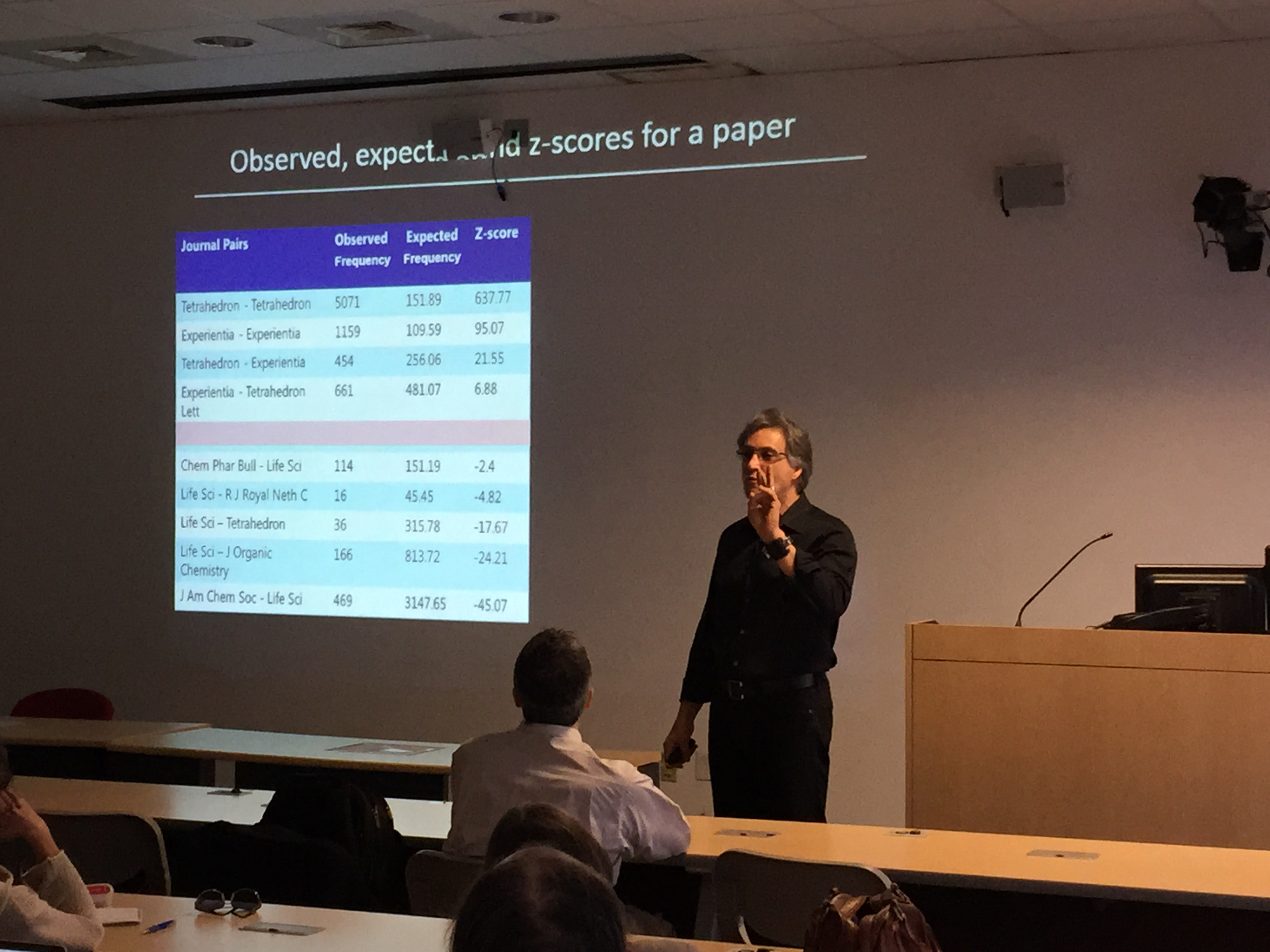
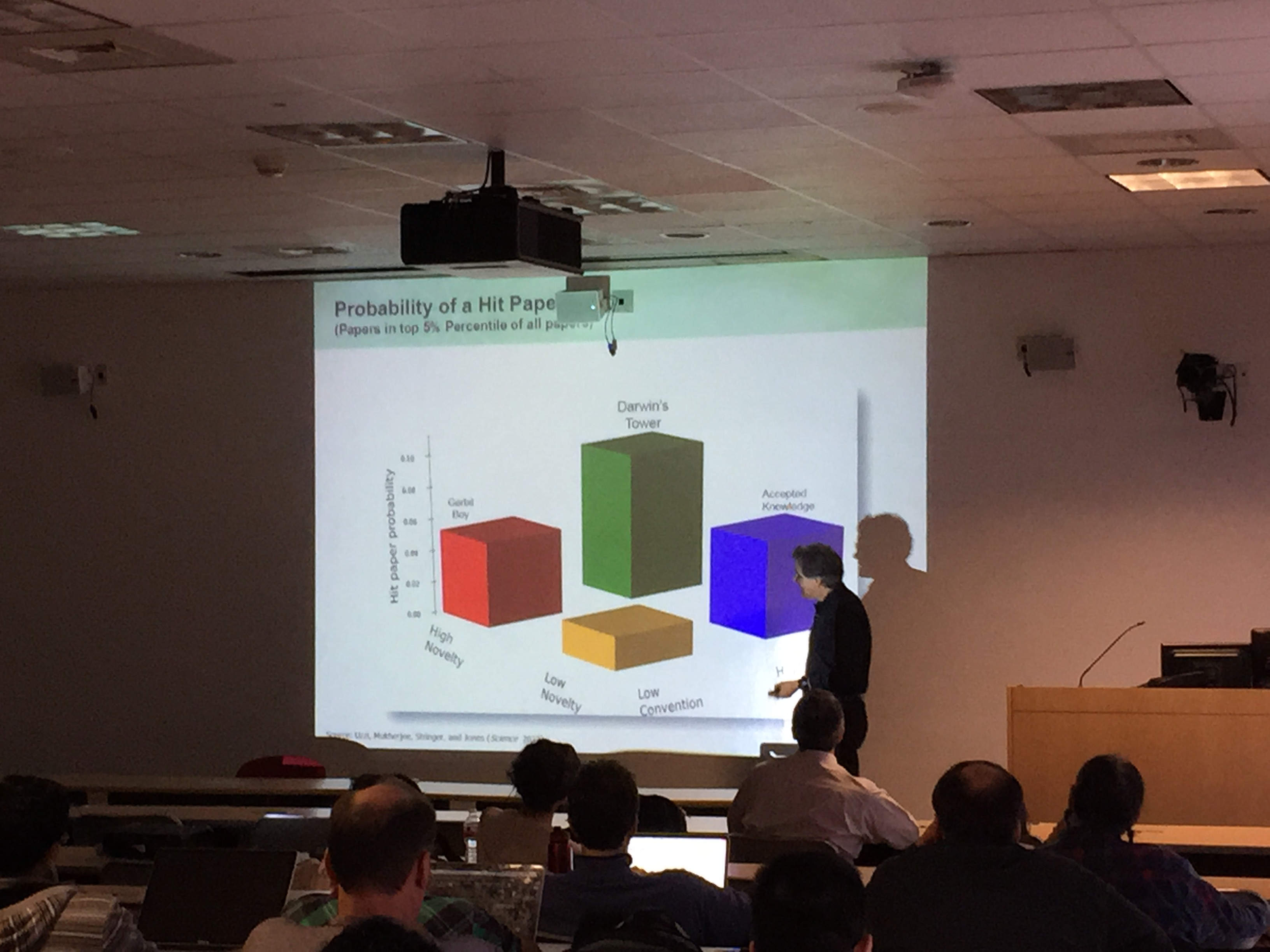
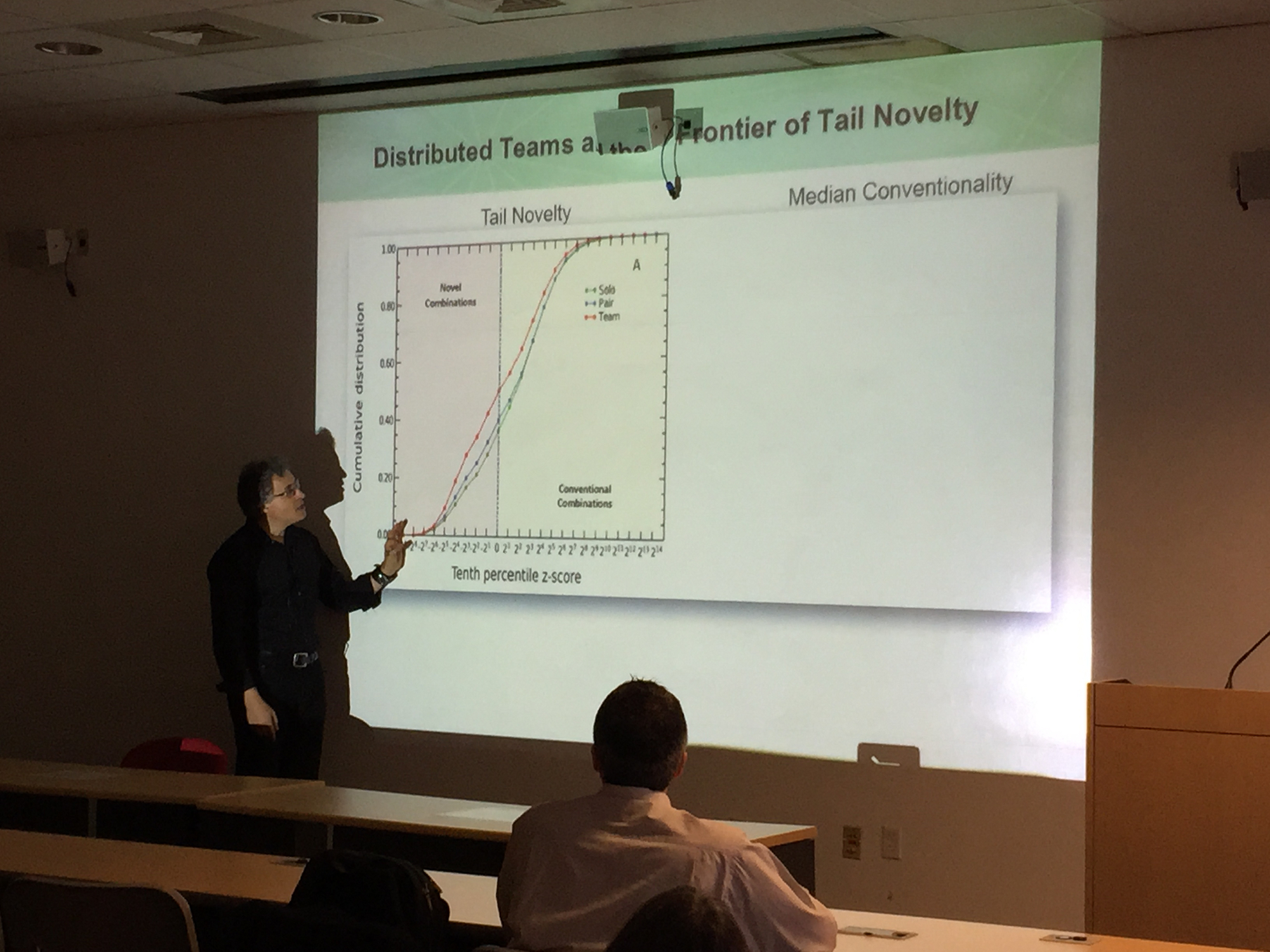
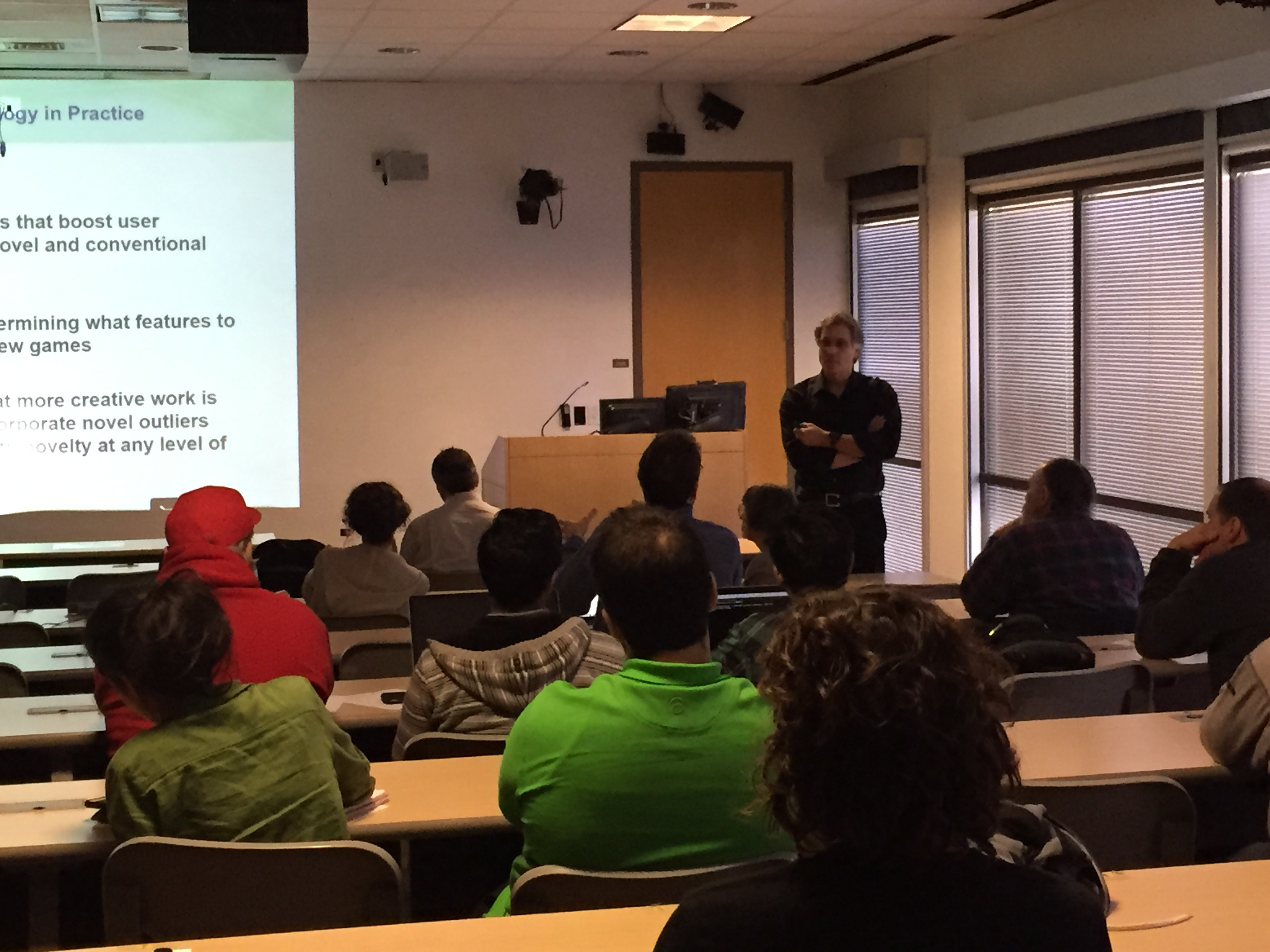
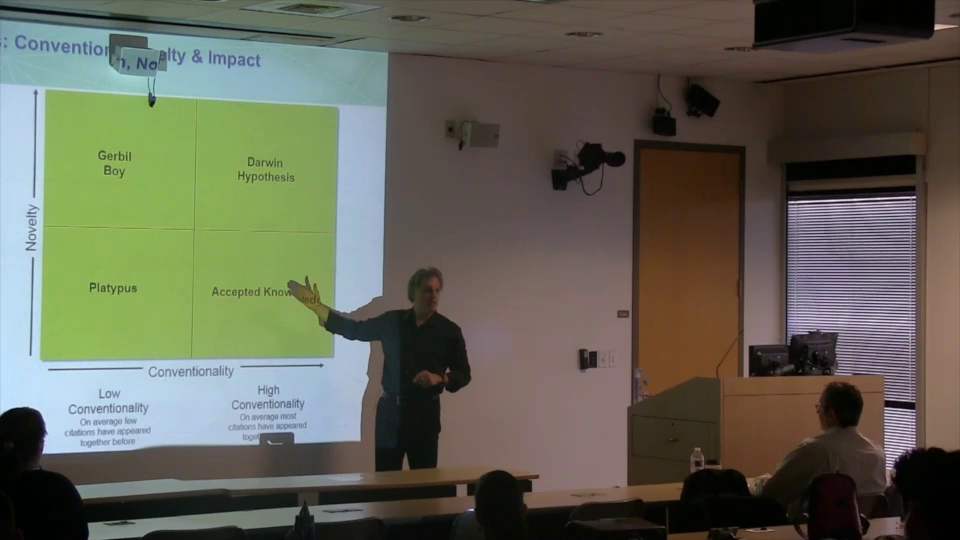
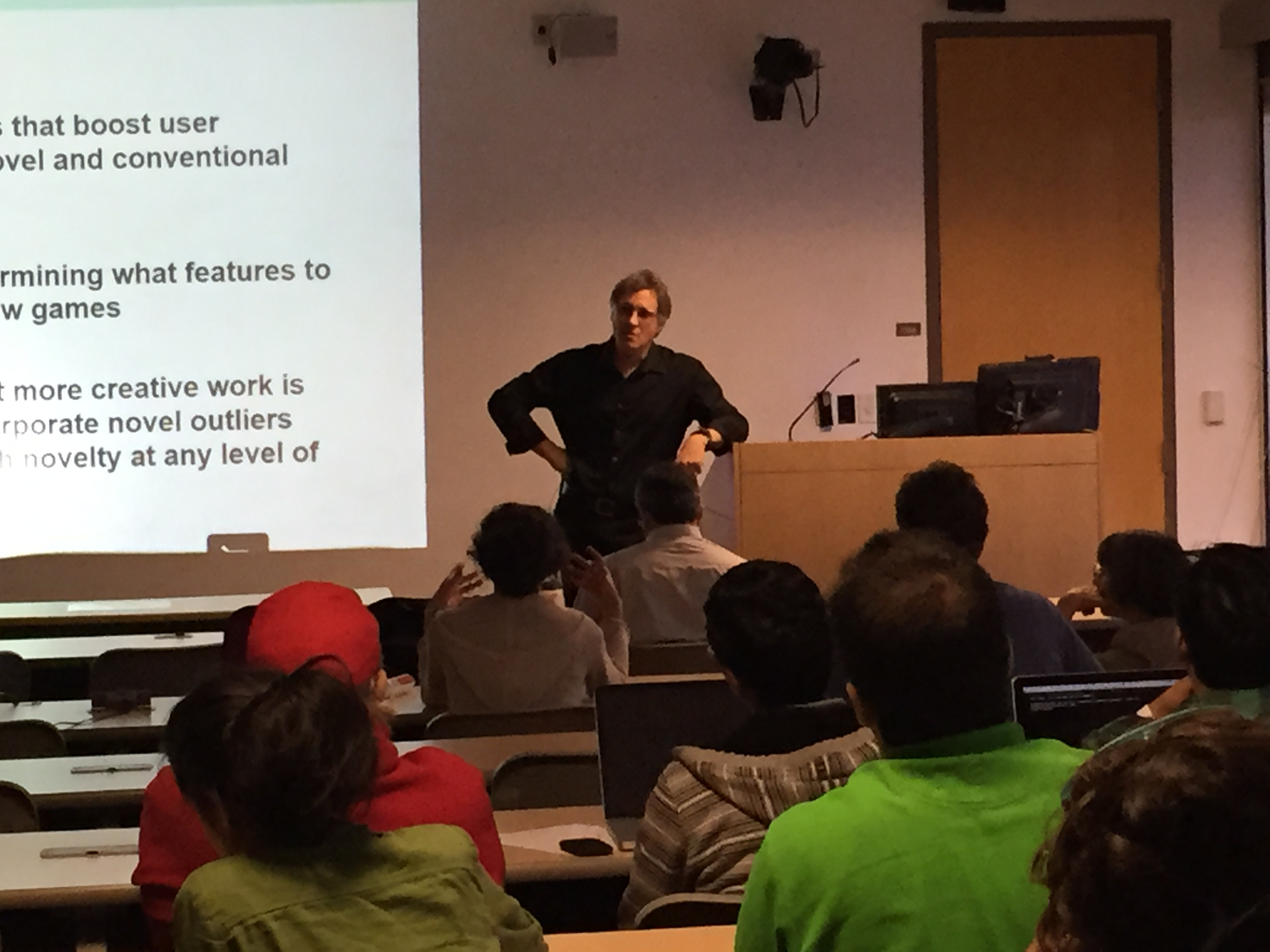
Audience Feedback |
n = 61 |
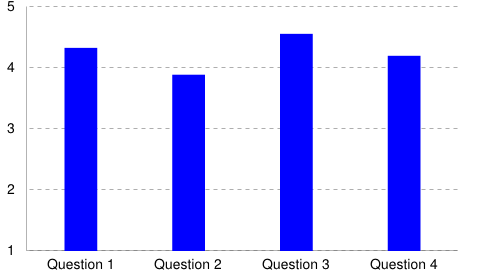
Question 1 - How interesting was the topic to you?
Question 2 - Did you learn anything useful?
Question 3 - How would you rate the quality of the presentation?
Question 4 - How would you rate the quality of the audience's interaction with the speaker?
Selective Comments
"Very intersting citation analysis"
- 2017 - 2018
- 2016 - 2017
- Behavioral Concepts and the Sciences of Human Behavior
H. Longino Apr 21, 2017 - Insane Asylums and Genetics: How Human Heredity Became a Data Science
T. Porter Feb 17, 2017 - The Nature of Pride: The Emotional Origins of Social Rank
J. Tracy Jan 23, 2017
- Behavioral Concepts and the Sciences of Human Behavior
- 2015 - 2016
-
Public Ethics, Politics and Sociobiology
M. P. Sheldon Mar 11, 2016 -
Classifying People by Color: How Racial Categories Change Over Time
A. A. Martinez Feb 29, 2016 -
The Origin of Social Impulse: E.O. Wilson's Recent and Controversial Rejection of Kin Selection in Historical Context
A. Gibson Dec 4, 2015
-
Public Ethics, Politics and Sociobiology
- 2014 - 2015
-
Special Event: Lone Star History of Science Meeting Writing the Origin with Burned Fingers: Darwin's Penance for the "Sin of Speculation"A. Sponsel Apr 3, 2015 - Welfare, Work, and Witness: Why Clinical Research Can Survive the Death of a Healthy Human Subject
L. Stark Apr 3, 2015 - The Distinctive Significance of Systemic Risk
A. James Mar 6, 2015 - The Devil's Heritage: Masuo Kodani, the "Nisei Problem," and Social Stratification at the Atomic Bomb Casualty Commission in Japan (1946-1954)
V.B. Smocovitis Jan 28, 2015 - Atypical Combinations and Scientific Impact
B. Uzzi Dec 8, 2014 - Psychology of Science and Technology
M. Gorman Nov 17, 2014 - How Economics Shapes Science
P. Stephan Sep 10, 2014
-
- 2013 - 2014
- The Decision to Put David Vetter in the Bubble
J. H. Jones Apr 16, 2014 - Ethical Paradoxes of
Control: Science, Engineering, and the Expansion of Moral ResponsibilityR. Hollander Mar 3, 2014 - 'Broken Symmetry': Humanism, Militarism, and the Dilemmas of Scientific Identity in Nuclear Age America.
J. Wang Feb 17, 2014 - Using Creative Non-Fiction in Teaching Research Ethics
C.M. Klugman Dec 2, 2013 - Does Neuroscience Undermine Responsibility?
W. Sinnott-Armstrong Nov 15, 2013 - Arming Mother Nature: The Birth of Catastrophic Environmentalism
J. Hamblin Oct 18, 2013
- The Decision to Put David Vetter in the Bubble
- 2012 - 2013
- Lead Wars: the Politics of Science and the Fate of America's Children
D. Rosner Mar 25, 2013 - Identifying potential pitfalls in the quantitative appraisal system for scientific careers
A.M. Petersen Dec 3, 2012 - Keeping Secrets: Scientists' strategic management of militarization, 1945-1980
S. Lindee Nov 12, 2012 - Evolutionary Theory as Methodological Anesthesia: Methodological and Philosophical Lessons from Evolutionary Psychology
R.N. Boyd Oct 19, 2012 - Panel on Peer-Review Issues
Oct 11, 2012
- Can technology enable cities to cope with the economic winter?
A. Hampapur Sep 21, 2012
- Lead Wars: the Politics of Science and the Fate of America's Children
- 2011 - 2012
- Engineering Success and Failure on 9/11
S.K.A. Pfatteicher Apr 27, 2012 - Regulating Ionizing Radiation: Flawed Standard, Flawed Ethics
K.S. Frechette Mar 5, 2012 - Do fish feel pain?
C. Allen Jan 25, 2012 - The Ethics of Relevancy
J. Levine Dec 13, 2011 - ORI Cases and How to Protect Yourself from Research Misconduct in Your Labratory
A.R. Price Nov 7, 2011
- Engineering Success and Failure on 9/11











